Can Cats Die of a Broken Heart?
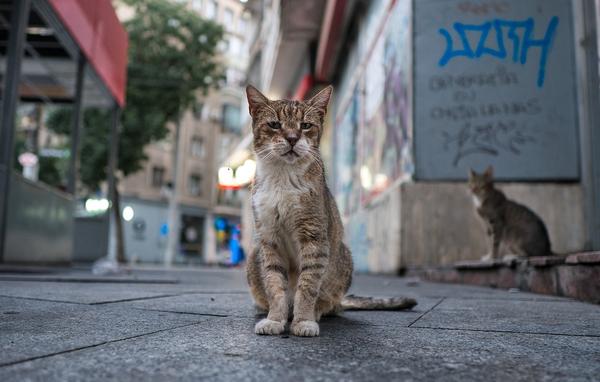
Oh, worried about your fluffy feline's tender heart, huh?
Like, can cats actually keel over from heartbreak? 😢
We're all a little concerned about our fur babies' emotional well-being, aren't we?
Well, let's dive into that together, shall we?
Causes of Broken Heart Syndrome in Cats
Broken heart syndrome in cats can be caused by a variety of factors.
Here are some possible causes:
- Loss of a bonded companion - Cats are social animals and can form strong bonds with their companions, whether they are other cats or humans. The sudden loss of a companion through death or separation can cause emotional distress.
- Loss of an owner - Cats often develop deep attachments to their owners, and the loss of an owner can be devastating for them. This can occur if the owner passes away or if the cat is rehomed.
- Major life changes - Cats are creatures of routine, and any major disruptions to their environment or daily routine can cause stress and lead to broken heart syndrome. Examples of major life changes include moving to a new home, introduction of a new pet or family member, or even renovations in the house.
- Traumatic experiences - Cats that have gone through traumatic experiences such as accidents, abuse, or natural disasters may be more prone to developing broken heart syndrome. These events can leave a lasting impact on their mental well-being.
- Chronic stress - Prolonged exposure to stressful situations, like conflict with other pets in the household or loud noises, can contribute to the development of broken heart syndrome in cats.
While these are potential causes, you must note that broken heart syndrome in cats is still not fully understood.
Further research is needed to establish the exact mechanisms and triggers involved.
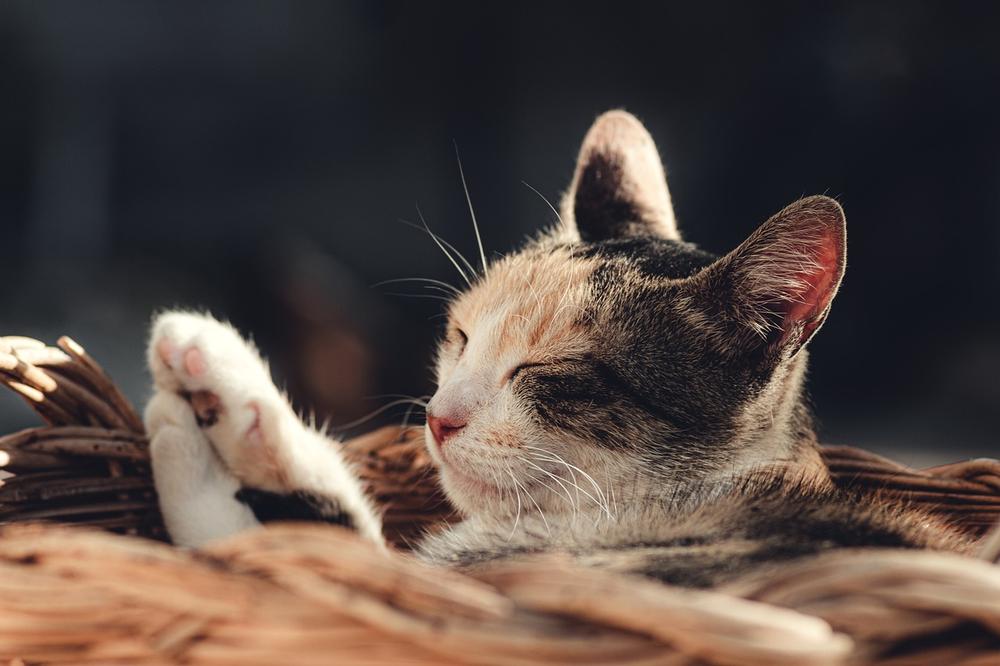
If you suspect your cat is experiencing broken heart syndrome, it is always best to consult with a veterinarian for proper diagnosis and treatment. 😿
Main points I'll expand upon further down this article:
- Cats can experience a range of emotions and may grieve when they lose a companion or owner.
- Signs of grief in cats include behavioral changes, appetite changes, overgrooming, and urinating outside the litterbox.
- Each cat may grieve differently, and some may not show outward signs of grief.
- Grief in cats can manifest as stress, anxiety, decreased appetite, and behavior changes.
- Look out for symptoms like changes in appetite and activity levels, as severe anorexia may indicate a need for intervention.
- Cats can experience emotional distress and adverse health effects when they lose a companion.
- Decreased appetite, weight loss, vomiting, and jaundice could be signs of hepatic lipidosis.
- Prevent heartbreak by recognizing signs of distress and seeking veterinary care promptly.
- Managing grief in cats can involve introducing new companions, engaging in interactive play, and managing separation anxiety.
- Close monitoring of a grieving cat's physical and emotional well-being is crucial, and seeking veterinary help may be necessary.
Now, you might be wondering...
How can I help my grieving cat through the process of broken heart syndrome?
What steps can I take to provide them with the support they need?
In the next section, we will explore practical strategies and tips for helping your cat cope with grief and navigate their emotional journey...
Signs of Grief in Cats
When a cat is sad, their sleep patterns might change. They could have trouble sleeping or sleep more than usual.
Cats feel emotions just like humans do.
They can get sad and grieve too, especially when they lose their owner or a close friend.
But please keep in mind that every cat deals with grief differently.
While some cats might show obvious signs of sadness like acting differently, eating less, grooming excessively, peeing outside the litterbox, or picking fights with other pets, others may not show clear signs but still feel the loss.
Grief can make cats stressed, anxious, and less interested in food.
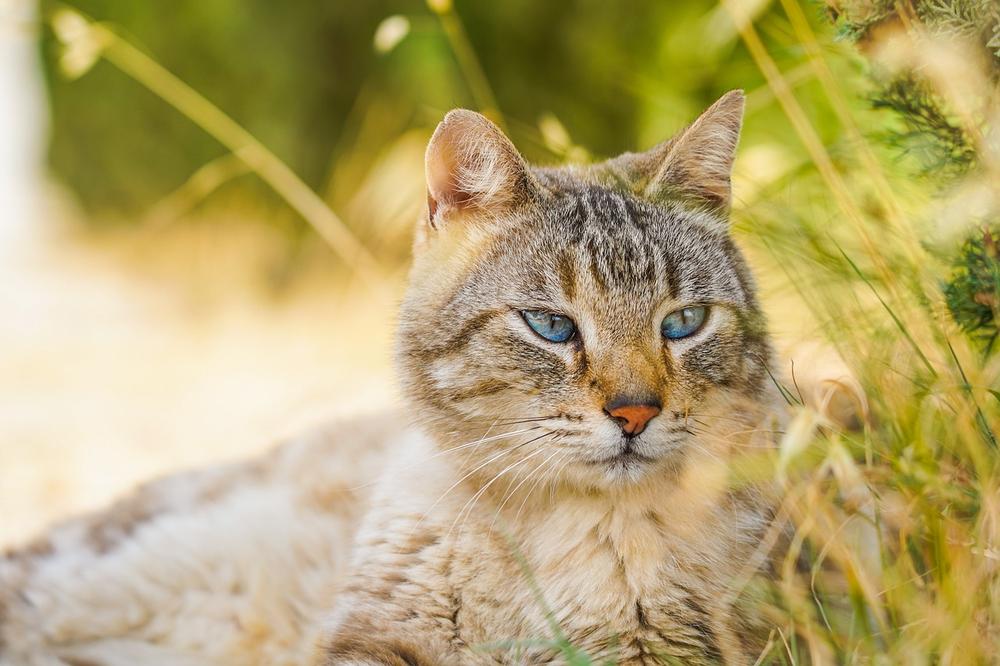
It can also change their behavior.
So pay attention to any changes in your cat's appetite and energy levels.
And if they stop eating completely, it might be time to seek help.
During this difficult time, it's crucial for you to support and understand your cat.
They need your help to navigate through their grieving process.
And what happens when a cat's grief takes a toll on their physical health?
Let me share some concerning symptoms with you...
Recognizing the Symptoms of Broken Heart Syndrome in Cats
If your cat seems down and not themselves, here are ten signs you can look out for:
- They've lost their appetite.
- They're losing weight.
- They seem tired and uninterested in things.
- Their grooming habits have decreased.
- They're throwing up or regurgitating food.
- They avoid socializing with others.
- Their litter box habits have changed.
- They make a lot of noise or cry excessively.
- They're losing hair or shedding a lot.
- Their skin and eyes have turned yellow.
If you see any of these signs after your cat goes through something tough, get them to the vet as soon as possible.
If left untreated, broken heart syndrome can be really serious.
Your vet will examine your cat more and suggest treatment options that can help them get through this hard time.
Watch your furry friend closely during this emotional healing process and give them the support and comfort they need. 😺
But what happens when it's time to think about bringing in a new fur companion?
Can introducing a new pet help heal a broken-hearted cat, or is it a potential recipe for disaster?
Let me share with you some crucial tips on navigating this sensitive process and ensuring the mental and physical well-being of your feline friend...
Preventing Heartbreak in Cats
Alright, let's talk preventing heartbreak in cats. It's not easy, but here are some tips to help you out:
- Gradual introductions are key when introducing a new pet to your feline friend. Rushing the process can lead to stress and heartbreak.
- Pay attention to signs of distress, such as a sudden loss of appetite for several days. This could be a sign of fatty liver syndrome and needs immediate attention from a vet.
- Before getting another pet, consider alternative options like companionship through interactive play or gradual introductions. Every cat is different, so find what works best for them.
- Help ease separation anxiety by providing mental stimulation, interactive toys, and maybe even a companion animal if it seems like a good fit.
- When choosing food, opt for one that uses fat as an energy source to support balanced nutrition during periods of low food supply.
- Obesity increases the risk of hepatic lipidosis, which can have long-term effects on your cat's health. Keep their weight in check to prevent these complications.
- Early detection and aggressive feeding are crucial to reverse lipidosis and ensure your cat's well-being.
Take care of your furry friends and prevent heartbreak in cats with these helpful tips!
Alright, let's talk preventing heartbreak in cats.
It's not easy, but here are some tips to help you out.
Now, if you notice that your pregnant cat is not eating or eating less, I have written a helpful guide for you.
Thinking about the well-being of your feline friend, I highly recommend checking out my article Why Is My Pregnant Cat Not Eating.
This guide will answer any concerns you may have and give you possible reasons behind this behavior.
Trust me, you won't want to miss it.
The Importance of Veterinary Care in Emotional Well-being
To ensure the emotional well-being of your cat, prioritize regular veterinary care.
Here are 8 important reasons why:
- Regular checkups identify underlying health issues promptly.
- Early intervention prevents additional emotional distress.
- Grief can worsen existing health conditions in cats.
- Sudden stress and grief can make cats ill.
- Seek veterinary care if your cat displays signs of sadness or distress.
- Immediate treatment addresses underlying illnesses and diseases.
- Monitor your cat's physical health closely.
- Seek medical advice when necessary. 🐱
Additionally, for a successful recovery from feline hepatic lipidosis:
- Early treatment is key, with an 80-90% success rate.
- Liver function testing confirms diagnosis.
- Severe cases may require hospitalization.
- IV fluid rehydration helps prevent complications.
- Treatments prevent liver failure.
Prioritizing veterinary care is crucial for your cat's emotional well-being and overall health.
But how should you handle the emotional well-being of your cat during times of grief?
Let me share some helpful tips!
Providing Comfort and Care for a Grieving Cat
To help your grieving cat, establish routines and stick to familiar caregiving practices.
Here are some practical tips for comforting and caring for a grieving cat, tailored just for you:
- Pay close attention to your cat's behavior and mood, watching out for signs of distress or withdrawal.
- Keep regular feeding schedules to provide stability. Cats find comfort in a consistent routine during tough times.
- Consider using synthetic pheromone diffusers to create a calming environment. These diffusers release scents that can reduce stress and anxiety.
- If necessary, consult with a veterinarian about potential calming medication to soothe your cat's grief-related anxiety.
- Provide a safe space where your cat can retreat and feel secure – a quiet room with their favorite bed or hiding spot will do the trick.
- Let your cat sniff their deceased companion if they show interest. 🐾 It helps them process the loss and understand what happened.
- Offer extra attention and affection to your grieving cat. Comforting strokes and gentle playtime reassures them during this challenging period.
- Keep an eye on their eating and drinking habits. If your cat refuses to eat or drink, seek veterinary assistance as it could signal a more serious health issue.
- Be patient and understanding throughout the healing process. Each cat grieves differently, so it may take time for them to adjust to the loss.
- In severe cases where refusal to eat becomes life-threatening, force-feeding might be necessary. However, consult with a veterinarian first before attempting this.
Love, support, and a comforting environment are key to helping your cat through the grieving process.
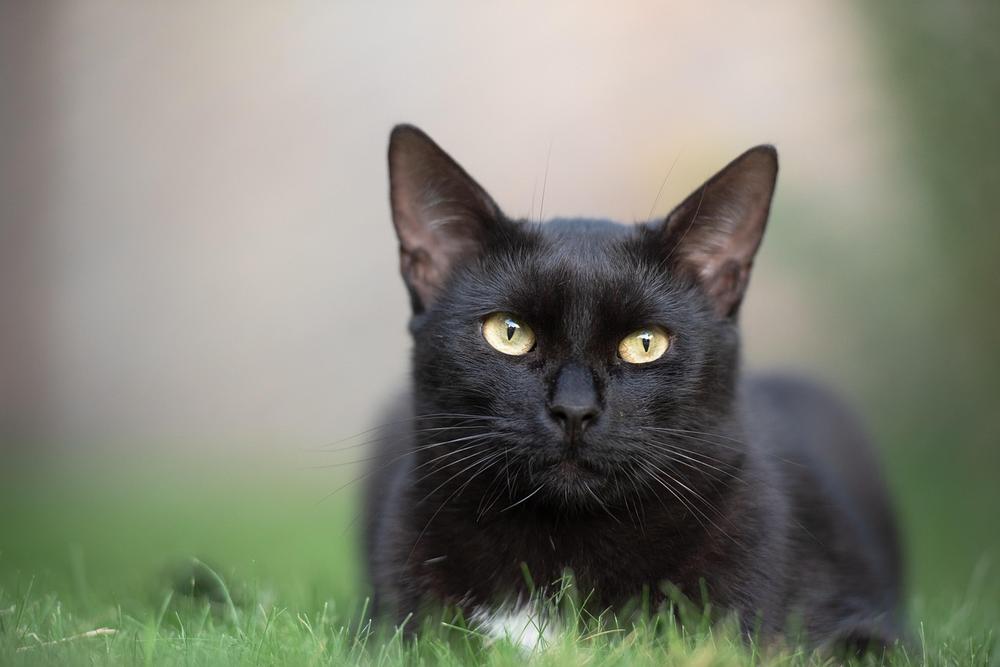
But what about honoring the memory of your beloved feline friend?
How can you find solace and closure in the wake of their passing?
Let me share with you some meaningful ways to memorialize your cat and navigate the mourning process...
Coping with the Loss of a Feline Companion
Memorializing your cat can be a helpful way for you to cope with the loss and find comfort during this difficult time.
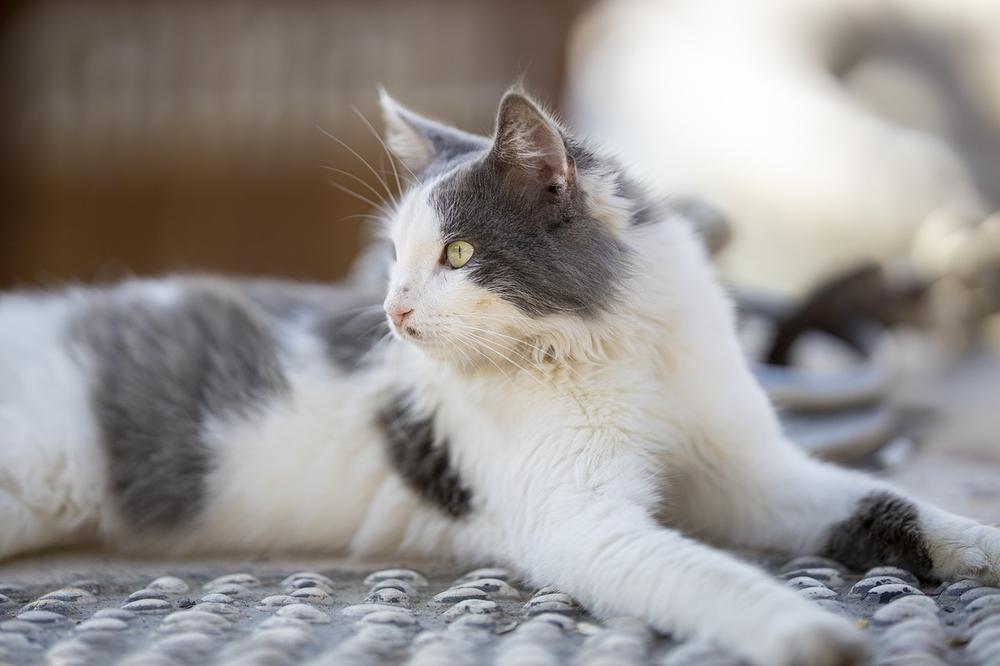
Creating a personalized tribute or planting a tree in memory of your beloved feline companion offers solace and closure. The duration of the grieving process varies for each individual, depending on the special connection between you and your cat.
It can last for mere days or stretch out for months, a reminder of the love and bond shared with your furry friend.
Taking the necessary time to mourn the loss is important for both you and any remaining pets who may also feel the void left by their dear companion.
And that wraps up today's article.
If you wish to read more of my useful articles, I recommend you check out some of these: Can Cats Eat Centipedes, How Long Can Cats Hold Their Pee, Panting in Newborn Kittens, Should I Stay With My Cat While She Gives Birth, and Can You Spay a Pregnant Cat
Talk soon,
-Sarah Davis